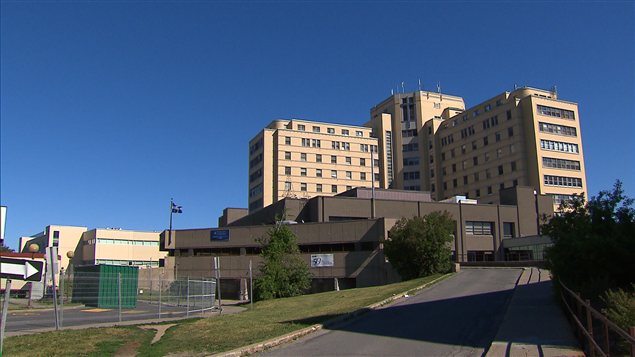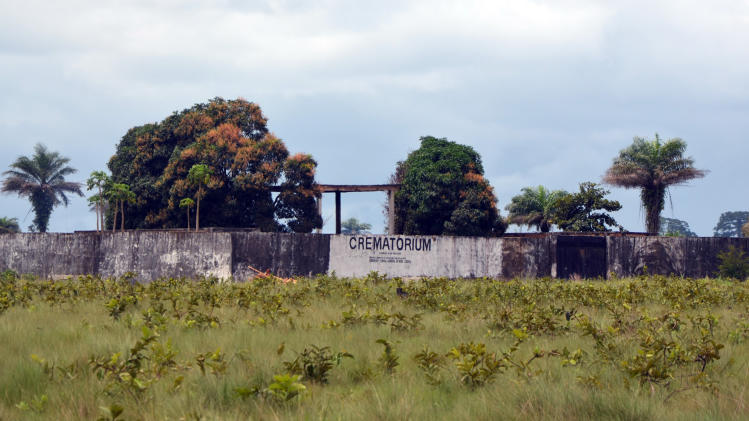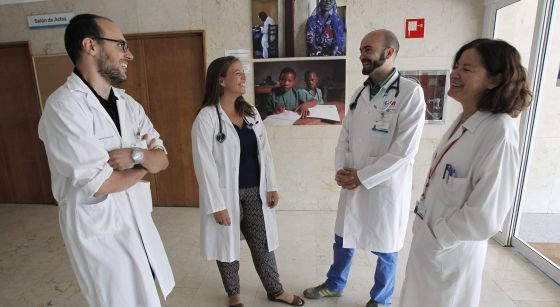In Freetown, the capital of Sierra Leone, public hospitals are on their knees. Only Emergency medical facilities are fully functional.
According
to the latest report of the Ministry of Health of Sierra Leone, are 783
confirmed cases of Ebola in the country, only 20 in Freetown.
Nevertheless, in the capital area, our surgical center and our pediatric center were the only ones healthcare facilities fully functional.
The local children's hospital, Ola During Children's Hospital, is closed; the Connaught Hospital works in a discontinuous manner due to the absence of medical and nursing staff, frightened by the spread of the disease and the fear of contracting the virus. The last official report of the 'World Health Organization states that 52 health workers in the country were infected with the Ebola virus, 28 of them died.
Private hospitals are closed since last week: I'm not ready to deal with the emergency and have no obligation to remain open.
Because of the emergency Ebola, the already weak health system in Sierra Leone is collapsing. A suffer the consequences is the population that is unable to receive the care they need: malaria, typhoid, infections, surgical emergencies continue to be a daily problem for the population, but is no longer any kind of assistance in public health facilities.
In this emergency situation, we continue to provide surgical and pediatric, being the only point of reference was working in the city.
"Yesterday afternoon we received a 2 year old boy unconscious for cerebral malaria. Subjected We malaria treatment. Towards evening, when I finally was hemodynamically stable, we decided to move it to the 'Ola During Children's Hospital because our hospital was packed.
Upon our arrival, we found the gate closed: we were told that there was none, "says Luca Rolla, coordinator of the Program in Sierra Leone.
To provide care to the greatest number of children, even the guest normally dedicated to relatives of hospitalized patients has been temporarily transformed into a lane to increase the number of beds available.
The Military Hospital in Freetown Emergency asked to train the military on the use of personal protective equipment to treat patients potentially infected by the virus.
With the declaration of a state of emergency last July 30, in fact, Sierra Leone had decided to mobilize the military to ensure compliance with the security procedures for the prevention of the spread of Ebola.
Since the beginning of the epidemic, we isolated 6 patients Fortunately, none of which were affected by the virus. To cope with the danger of contagion, the staff keeps the utmost care in the use of protective devices: a surgical center in the risk of contact with biological fluids is very high. We have limited visits from relatives and we have set up two tents for shelter insulation where suspected cases. https://translate.google.com/translate?sl=auto&tl=en&js=y&prev=_t&hl=en&ie=UTF-8&u=http%3A%2F%2Fwww.emergency.it%2Fsierraleone%2Febola.html%3Futm_source%3Dtwitter%26utm_medium%3Dsocial%26utm_content%3Dallistante%26utm_campaign%3Dsierra-leone&edit-text=
Nevertheless, in the capital area, our surgical center and our pediatric center were the only ones healthcare facilities fully functional.
The local children's hospital, Ola During Children's Hospital, is closed; the Connaught Hospital works in a discontinuous manner due to the absence of medical and nursing staff, frightened by the spread of the disease and the fear of contracting the virus. The last official report of the 'World Health Organization states that 52 health workers in the country were infected with the Ebola virus, 28 of them died.
Private hospitals are closed since last week: I'm not ready to deal with the emergency and have no obligation to remain open.
Because of the emergency Ebola, the already weak health system in Sierra Leone is collapsing. A suffer the consequences is the population that is unable to receive the care they need: malaria, typhoid, infections, surgical emergencies continue to be a daily problem for the population, but is no longer any kind of assistance in public health facilities.
In this emergency situation, we continue to provide surgical and pediatric, being the only point of reference was working in the city.
"Yesterday afternoon we received a 2 year old boy unconscious for cerebral malaria. Subjected We malaria treatment. Towards evening, when I finally was hemodynamically stable, we decided to move it to the 'Ola During Children's Hospital because our hospital was packed.
Upon our arrival, we found the gate closed: we were told that there was none, "says Luca Rolla, coordinator of the Program in Sierra Leone.
To provide care to the greatest number of children, even the guest normally dedicated to relatives of hospitalized patients has been temporarily transformed into a lane to increase the number of beds available.
The Military Hospital in Freetown Emergency asked to train the military on the use of personal protective equipment to treat patients potentially infected by the virus.
With the declaration of a state of emergency last July 30, in fact, Sierra Leone had decided to mobilize the military to ensure compliance with the security procedures for the prevention of the spread of Ebola.
Since the beginning of the epidemic, we isolated 6 patients Fortunately, none of which were affected by the virus. To cope with the danger of contagion, the staff keeps the utmost care in the use of protective devices: a surgical center in the risk of contact with biological fluids is very high. We have limited visits from relatives and we have set up two tents for shelter insulation where suspected cases. https://translate.google.com/translate?sl=auto&tl=en&js=y&prev=_t&hl=en&ie=UTF-8&u=http%3A%2F%2Fwww.emergency.it%2Fsierraleone%2Febola.html%3Futm_source%3Dtwitter%26utm_medium%3Dsocial%26utm_content%3Dallistante%26utm_campaign%3Dsierra-leone&edit-text=











